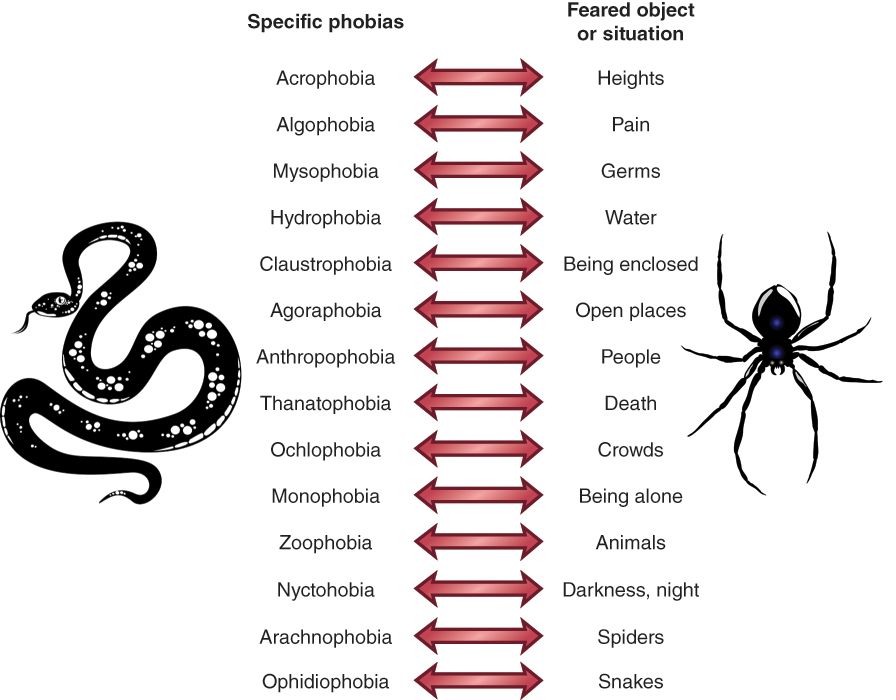How to avoid sociopaths
Coping with Sociopaths (Antisocial Personality Disorder)
I am sure that if the devil existed, he would want us to feel very sorry for him. ?Martha Stout, “The Sociopath Next Door”
Sociopaths are people with antisocial personality disorder.The essential features of a personality disorder are impairments in interpersonal and self functioning along with the presence of pathological personality traits. In particular, to be diagnosed with antisocial personality disorder, the DSM-5 (Diagnostic and Statistical Manual 5) states that the following criteria must be present:
Impairments in self functioning:
- Ego centered identity
- Goal setting based on personal gratification
Impairments in interpersonal functioning:
- Lack of concern for feelings, needs, or suffering of others.
- Incapacity for mutually intimate relationships, as exploitation is a primary means of relating to others.
Pathological personality traits:
- Manipulative
- Deceitful
- Callous
- Hostile
- Irresponsible
- Impulsive
- Risk Taking
If you do not have a close friendship with your children, I will. ”–Type 1 Sociopath, on the child molester
Sociopaths have separate and very distinct personas or “sub-selves.” They are commonly known as “Dr. Jekyll and Mr. Hyde.” When a sociopath switches from Dr. Jekyll to Mr. Hyde, his victim does not see it coming.
Oftentimes the victims wonder what triggered the other person to “flip” or switch from good to bad. The truth is the triggers could be 100% internal and may have had nothing to do with outside circumstances. Of course, the sociopath will blame the other person, because that’s what they do, but the triggers are internal and have nothing to do with anyone else.
On the surface, when you meet a sociopath you will think that he is very charming, warm, engaging, and interested. You will not realize that he is only expressing a very shallow level of emotions, and his primary reasons for being this way are for underlying ulterior motives.
Genetic Link:
Studies have been conducted on the monoamine oxidase (MAOA) gene; a gene which encodes an enzyme responsible for catabolising the “feel good” neurotransmitters dopamine, serotonin and noradrenaline (Sohrabi, 2015).
It was found that male individuals possessing an MAOA-L version of the gene have an increased propensity to be violent because they tend to be hyper-sensitive and prone to “over-react.” Paired with childhood abuse, those with the MAOA-L gene were found to commit more crimes than those without this gene (Sohrabi, 2015).
MAOA-L individuals displayed significantly higher levels of aggression in a high provocation situation. A further gene-by-environment interaction was found in a long-term study performed on large number of children. Those with the MAOA-L genotype paired with maltreatment in childhood were correctly predicted to commit crime.
Evidence suggests that anti-social personality disorder is caused by biological, environmental, and social factors.
How to Protect Yourself from a Sociopath:
According to Konrad (1999,) to protect yourself from a psychopath, you need to “realize your own potential and maximize your strengths. ” Make sure you know your vulnerabilities and insecurities because a sociopath will become, “an image of what you haven’t done for yourself.” At some point the sociopath’s mask will begin to slip, but the damage will have already been done and victims will have already been damaged, most likely both emotionally and financially (Konrad, 1999).
” Make sure you know your vulnerabilities and insecurities because a sociopath will become, “an image of what you haven’t done for yourself.” At some point the sociopath’s mask will begin to slip, but the damage will have already been done and victims will have already been damaged, most likely both emotionally and financially (Konrad, 1999).
“There comes a time when you just need to realize that there’s no point in searching for answers and the best thing you can do is move on” (Konrad, 1999).
Do’s and Don’ts:
- Do not try to reform a sociopath.
- Avoid them.
- Do not express your weaknesses.
- Do not believe a sociopath. They will lie and will do so convincingly.
- Document any negative encounters/conflicts and notify others.
- Protect yourself. Put a strong invisible barrier around yourself. Don’t let them inside.
- Do not show your true emotions to a sociopath; keep a “poker face.
 ” Any and all emotions will be used against you.
” Any and all emotions will be used against you. - If you must engage, turn the conversation back on them. Ask, “Are you feeling well?” Try to get away as soon as possible.
- Do not share any personal information.
- Don’t share your plans with a sociopath.
- Do not put yourself in a “one down” position; do not put yourself in a place of indebtedness to a sociopath.
How to get out of a relationship with a sociopath:
#1 Dating Tip: Make Sure Your Date has a Conscience! ?P. A. Speers
Do not delude yourself into believing that the sociopath can or will change. Give up that notion completely. The best thing you can do is take the focus for solving the problem off of the other person, placing it squarely on yourself. It is your job to change and rescue yourself. Period. The other person is not the key to your happiness.
I have many people calling me asking me to change their partners. They want to bring their pathological loved one to therapy to be fixed.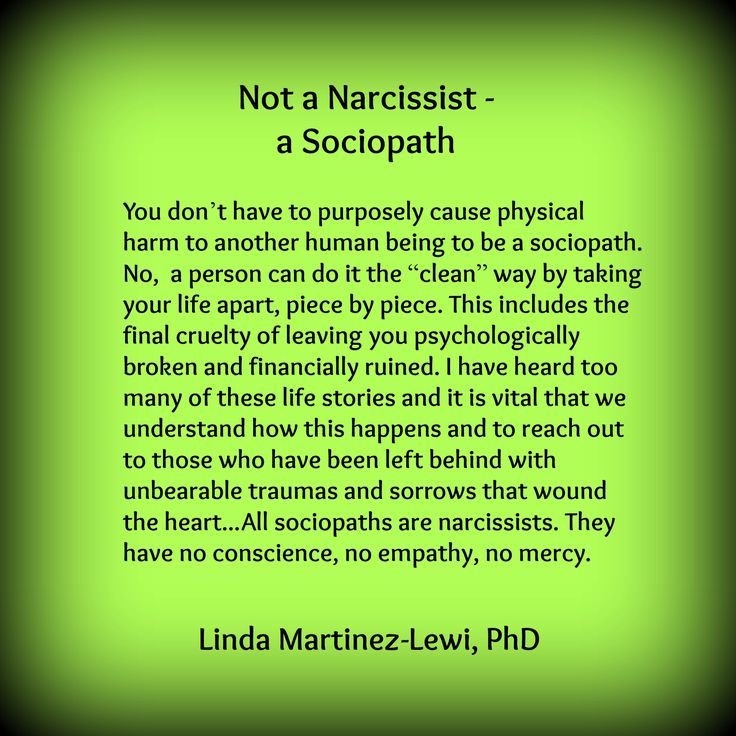 The harsh reality is that no therapist can fix a sociopath. But the person wanting help can be “fixed.” He/she has all the power needed to break free and live well.
The harsh reality is that no therapist can fix a sociopath. But the person wanting help can be “fixed.” He/she has all the power needed to break free and live well.
It reminds me of Dorothy in the Wizard of Oz as she realizes that she had the power within herself the entire time she was in Oz to get home. You, too, have the power within yourself to be free and live a good life. The other person is not the source for your contentment or security. You may believe he/she is, but this is a false belief.
Sociopaths have no conscience. Many appear to be “normal” members of society and may never physically harm anyone. This does not mean the person is safe to be around. If you suspect that you are having problems in your relationship because your partner is a sociopath do whatever you can to escape.
This will require great strength as I’m sure you have been brain-washed by this person. You will probably be in a trauma bond and are experiencing a form of Stockholm syndrome. Because of the manipulative nature of the sociopath, your relationship will be harder to break free from than other, more “normal” relationships.
Because of the manipulative nature of the sociopath, your relationship will be harder to break free from than other, more “normal” relationships.
The best way to accomplish this is to go “no contact.” Completely cut this person out of your life. Remove him/her from all social media and outlets of communication. File a restraining order if possible.
At first, going no contact will be difficult; but, this will save your life. Going no contact is a “game changer” when it comes to relationships with sociopaths. The manipulative input can no longer come your way when you stop having any contact with the person.
Be kind to yourself. Don’t blame yourself. Sociopaths can manipulate anyone. It’s not your fault. You were operating out of the range of “normal” relating. Sociopaths don’t do that, but most people are unaware that the other person does not have normal relating skills, but rather uses the techniques of seduction and exploitation. The sociopath uses people’s weaknesses to gain control. Remind yourself that it is okay to be weak and that the emotional abuse you’ve experienced is not your fault.
Remind yourself that it is okay to be weak and that the emotional abuse you’ve experienced is not your fault.
Build your reservoir of self-compassion and self-love. These are essential ingredients for recovery.
Build your personal power. Tell yourself you can be strong and you will be strong. Personal empowerment is the key to recovery. Do whatever you can to empower yourself. This removes your sense of security from an outside source. (The only “outside source” a person needs to be okay is spiritual and should never be placed on another person.)
Move on and build your life. If you find your mind drifting off to thoughts of responsibility for the relationship or feelings of guilt regarding the relationship, practice thought stopping. Don’t allow yourself to feel sorry for the sociopath. Remind yourself that sociopaths are masters at hurting others while at the same time manipulating their victims into feeling sorry for them.
If you would like a free copy of my monthly newsletter on the psychology of abuse, please send your email address to: [email protected].
References:
American Psychiatric Association (2012). DSM-IV and DSM-5 Criteria for the Personality Disorders. Retrieved from: https://www.psi.uba.ar/academica/carrerasdegrado/psicologia/sitios_ catedras/practicas_profesionales/820_clinica_tr_personalidad_psicosis/material/dsm.pdf
Konrad, C. (1999). The Malignant Personality. Retrieved from: http://lifewochaos.blogspot.com/p/sociopath-profile.html
Putman, C., 20 January, 2008. The Unburdened Mind. Retrieved from: https://www.damninteresting.com/the-unburdened-mind/
Sohrabi, S. (2015 Jan 14). The criminal gene: the link between MAOA and aggression (REVIEW). BMC Proceedings. Retrieved from: https://www.ncbi.nlm.nih.gov/pmc/articles/PMC4306065/
Sociopath Vs. Psychopath: Difference and Definition
Concerned you know a sociopath? Have you ever met someone who seems to lack empathy toward other person’s feelings, has violent traits, seems egocentric, disregards social norms, is manipulative, or appears to have no desire to socialize? Has that person’s behavior caused you to feel alarmed or fearful of the possibility of aggression or violence (call the National Domestic Violence Hotline at 1. 800.799.SAFE for help anytime)?
800.799.SAFE for help anytime)?
If so, the Diagnostic and Statistical Manual of Mental Disorders (DSM) shows that you may be dealing with a sociopath, psychopath, or someone who has antisocial personality disorder. For an official diagnosis and more information and studies on antisocial personality disorder, speaking with an online therapist can help.
Learn More About The Nature And Behaviors Of A Sociopath
BetterHelp Can Guide You In The Right Direction- Sign Up
Antisocial Personality Disorder
The combination of emotions, behaviors, and thoughts is known as personality. When disruptions in personality occur and cause significant negative effects or problems in a person’s life or relationships, this is often referred to as antisocial personality disorder. While the exact cause of antisocial personality disorders is not known, genetics, environmental factors, and changes in the structure and function of the brain are believed to be contributing factors to its development.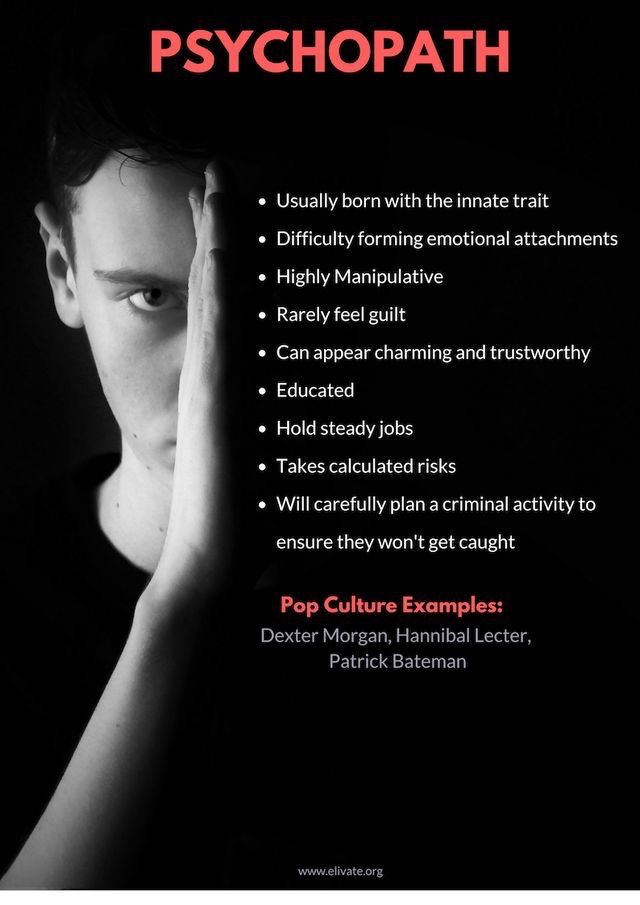
Risk factors for developing antisocial personality disorder or antisocial behaviors include having a history of a childhood conduct disorder or a family history of mental health or other personality disorders, such as bipolar disorder. Additionally, living in a violent or unstable family during childhood or experiencing childhood neglect or abuse are believed to be types of contributing factors.
It is estimated by researchers that one in every 25 people is a sociopath. With such a high percentage of people considered to be sociopaths, it is not surprising that most people have encountered at least one person with a sociopathic personality type at some time in their life. Many confuse them with narcissistic individuals or those with criteria that qualify them as having narcissism because both can be callous, but there is a difference between the two disorders and the features of both.
The Diagnostic and Statistical Manual of Mental Disorders is published by the American Psychiatric Association and is used by clinicians and psychiatrists to diagnose mental illnesses. According to research and the DSM-5, an antisocial personality disorder is defined as [a] pervasive pattern of disregard for and violation of the rights of others occurring since the age of 15 years, as indicated by three (or more) of the following:
According to research and the DSM-5, an antisocial personality disorder is defined as [a] pervasive pattern of disregard for and violation of the rights of others occurring since the age of 15 years, as indicated by three (or more) of the following:
- Failure to conform to social norms concerning lawful behaviors, as indicated by repeatedly performing acts that are grounds for arrest.
- Deceitfulness as indicated by repeated lying, use of aliases, or conning others for personal profit or pleasure.
- Impulsivity or failure to plan.
- Irritability and aggressiveness, as indicated by repeated physical fights or assaults.
- Reckless disregard for the safety of self or others.
- Consistent irresponsibility, as indicated by repeated failure to sustain consistent work behavior or honor financial obligations.
- Lack of remorse, as indicated by being indifferent to or rationalizing having hurt, mistreated, or stolen from another.
Diagnosed As Sociopath Vs.
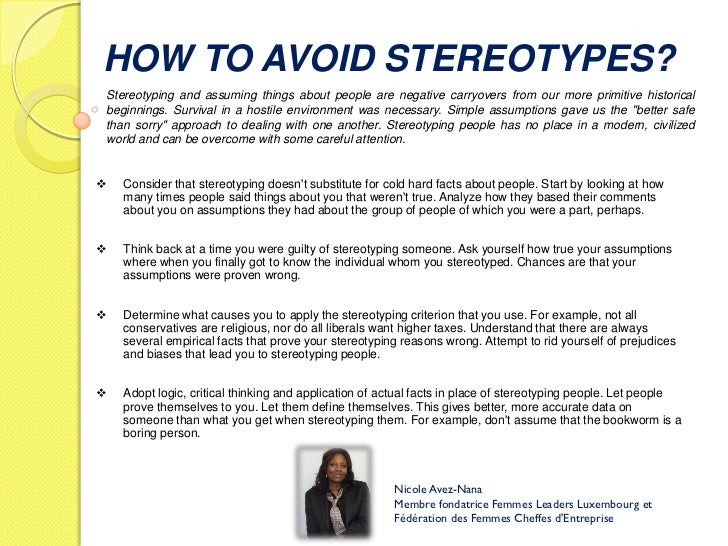 Psychopath
PsychopathThe terms most often used to describe an adult with antisocial personality disorder are psychopath and sociopath. Children who have antisocial traits may be diagnosed with conduct disorder during childhood and antisocial personality disorder later on. Because sociopathic personality and psychopathic personality cause one to display extremely antisocial behavior, such as a high disregard for other people’s feelings, difficult relationships, displaying little emotion, and being ‘hot headed,’ some people use the terms interchangeably. However, there is a difference between a sociopath and a psychopath. Criminologists generally differentiate the mental health conditions of psychopaths and sociopaths based on the behavior the two exhibit.
Psychopathic Behaviors
Individuals with psychopathic antisocial personality (psychopathy) disorder are extremely organized. Most people exhibiting psychopathy need for an organization may occur to the point of being obsessed with the organization.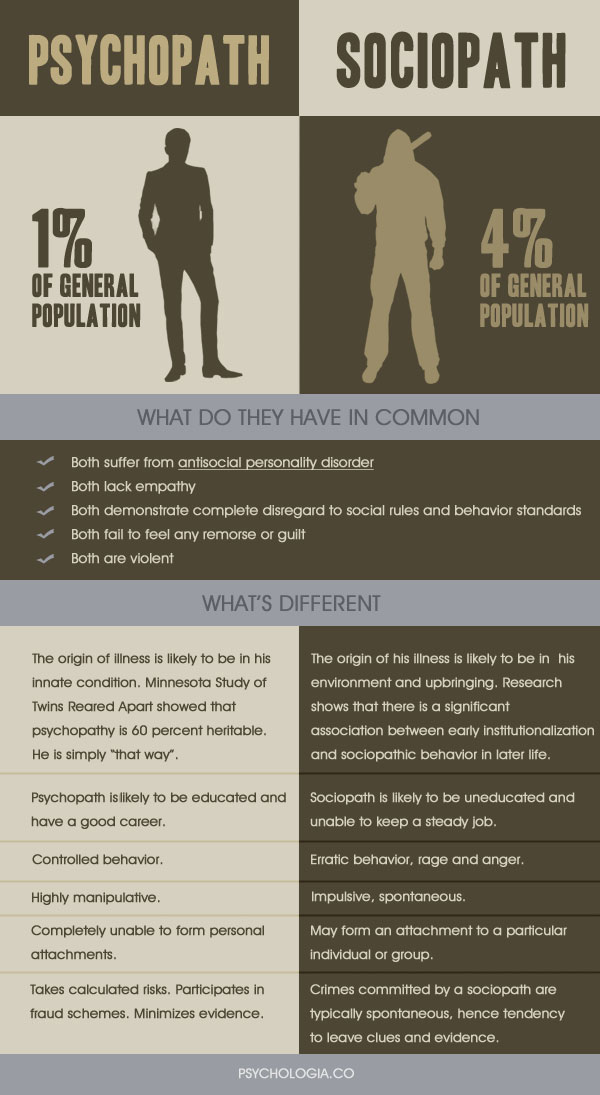 Although this behavior can be annoying to some people, their constant need for an organization often makes psychopaths favorites among employers and may even cause them to earn more money than expected.
Although this behavior can be annoying to some people, their constant need for an organization often makes psychopaths favorites among employers and may even cause them to earn more money than expected.
Contrary to what many people would think, psychopaths often maintain normal social relationships and can even form lasting connections. Despite their lack of ability to experience a genuine emotional connection with others or feel remorse, some people with psychopathic personality disorder get married and have children.
People with psychopathic personality disorder do not experience usual human emotions. However, they do possess a limited ability to understand emotion, which often makes them master manipulators. This deviance is what can turn some of them into criminals in society because of these difficulties empathizing with others. Their lack of respect for authority or rules often results in a person with psychopathic personality disorder breaking the law and becoming a deviant from the larger group. A constant need for organization and excessive attention to detail makes it difficult to catch a psychopath if they commit a crime. Many plan the unlawful acts carefully to assure they go undetected, avoiding laws against certain behaviors and putting a lot of thought into these situations and how best to carry out these actions.
A constant need for organization and excessive attention to detail makes it difficult to catch a psychopath if they commit a crime. Many plan the unlawful acts carefully to assure they go undetected, avoiding laws against certain behaviors and putting a lot of thought into these situations and how best to carry out these actions.
Sociopathic Behaviors
Sociopathic traits and behaviors differ from psychopathic behaviors significantly. Sociopaths are generally very disorganized. Many sociopaths are incapable of maintaining normal or lasting relationships both personally and professionally in daily life. Their inability to stay focused or to maintain some sense of order often results in difficulty obtaining or maintaining steady employment or housing. Because they have difficulty maintaining employment, the loss of their home and homelessness often occurs. Unfortunately, sociopaths who are homeless may wander from place to place. Sociopaths who commit crimes or engage in violence are often easier to apprehend because their behavior is often unplanned and erratic.
Unlike people with psychopathic personalities or psychopathy who seem to have no conscience, sociopaths do display signs of having a conscience. However, their conscience does not dictate their behavior. For example, a sociopath may know that a certain action is wrong or inappropriate but may engage in the behavior anyway if it benefits him.
Signs And Symptoms Of A Sociopath
It is important to understand the nature of close relationships with a sociopath. Based on a sociopath's lack of empathy and remorse, a true "relationship" (genuine caring, give and take, love, etc.) is not possible. However, a psychopath and a sociopath are very good at pretending (though easily bored). Relationships for sociopaths are simply a "means to an end."
As such, they are one-sided and usually don't last long. It has been said that romantic relationships with sociopaths have three stages: assessment (sizing up "prey"), manipulation (doing what needs to be done for goals to be met), and abandonment (mission has been accomplished; a sociopath moves on).
Many sociopaths believe that others will not recognize who they are or what they are, and this leads them to believe they can have power over others.
Although children can be diagnosed with an antisocial personality disorder (conduct disorder) or other disruptions in personality, the diagnosis of sociopathic personality is usually not established until a patient manifests specific behaviors. These behaviors may begin to be noticeable in adolescence and early adulthood. Symptoms may continue for many years.
Some of the most common signs of a sociopath include:
- Superficial charm: Sociopaths are usually charismatic and charming. Many people who have been victims of sociopaths report feeling as if they were unexplainably drawn to the sociopath. Although the charm can seem powerful and may even appear to be genuine at first, in time, the charm seems to fade and you are not their property.
- Lack of empathy, remorse, or shame: Sociopaths are generally incapable of feeling empathy, remorse, or shame.
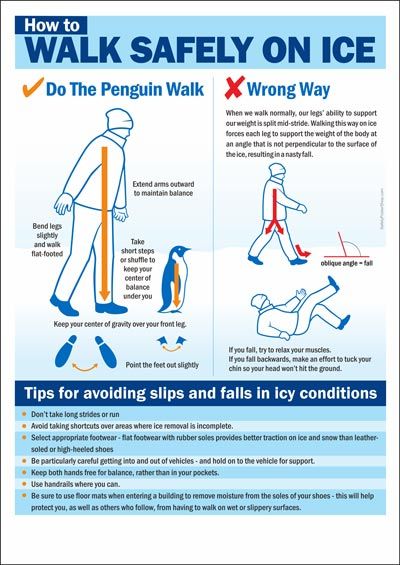 They often manipulate others for personal gain and show no feelings of guilt for doing so, no matter how hurt or betrayed the other person feels.
They often manipulate others for personal gain and show no feelings of guilt for doing so, no matter how hurt or betrayed the other person feels. - Feigned Love: People with sociopathic personalities are typically self-serving and may be described as being their fans. They often pretend to have compassion toward or feel love for others to get their way, but they are typically incapable of feeling emotions the way others do.
- Sense of superiority: Sociopaths tend to hold themselves in high regard and may become easily offended or have outbursts if others in the population expect to be treated with the same level of importance.
- Poor relationship patterns: Because of their inability to experience emotion and generally being regarded as ‘hot headed,’ developing healthy relationships regardless of their sex is difficult for sociopaths. Many sociopaths experience fractured relationships and may have a number of failed relationships in their past.
- Manipulation: Sociopaths tend to be master manipulators.
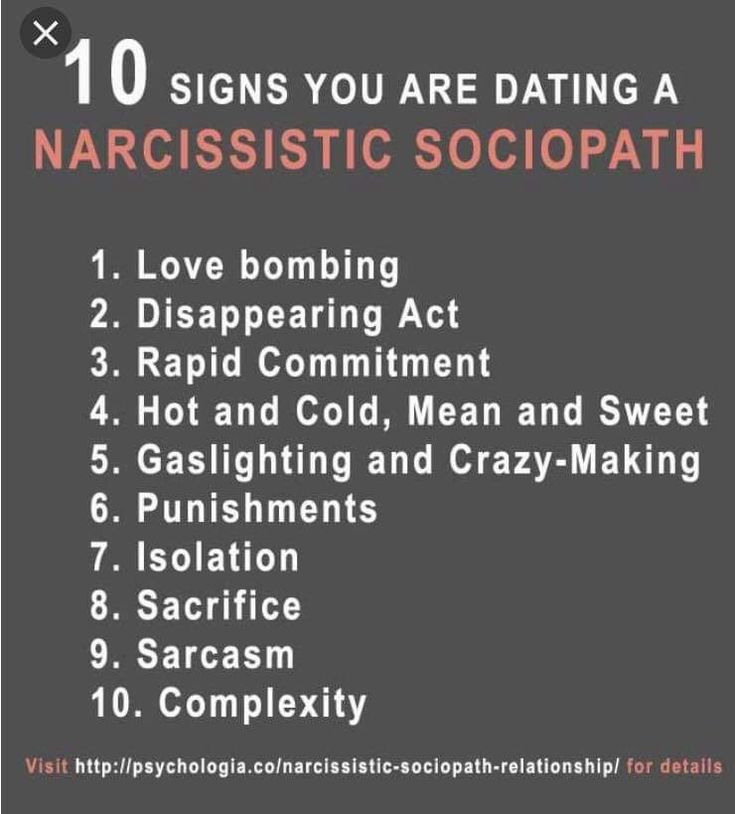 They frequently use their influence to control others. This behavior may come in the form of charm, seduction, or ingratiation.
They frequently use their influence to control others. This behavior may come in the form of charm, seduction, or ingratiation. - Hostility: While not all sociopaths exhibit hostility, some may experience persistent feelings of anger or irritability, particularly when substance use is involved. These responses may be about even minor insults whether real or perceived. In many cases, a sociopath’s interpretation of another person’s behavior as hostile drives them to seek revenge or to cause harm to the other person.
Learn More About The Nature And Behaviors Of A Sociopath
BetterHelp Can Guide You In The Right Direction- Sign Up
Although it may feel challenging at times, there are some things to consider that may help prevent the characteristics of a sociopath’s behavior from having a long-term negative effect on your life.
Be Careful What You Say
Sociopaths seem to have an uncanny ability to take information from the simplest conversations and use it to manipulate circumstances for their benefit. Avoid conversations discussing your relationships, your finances, or any other topic which could give a sociopath information that could be used for their gain.
Avoid conversations discussing your relationships, your finances, or any other topic which could give a sociopath information that could be used for their gain.
Sociopaths often use small pieces of information to twist facts and create doubt. For instance, if you are making plans to start a new business or if you have connections with people who could be influential to your success, it is generally best to keep this information to yourself as a sociopath may use this information to turn things in their favor, even if it means hurting you. Sociopaths often try to manipulate a target’s – an intended victim’s – personal contacts to try to sabotage their efforts at success.
Questioning Everything Is Okay
Sociopaths are usually master manipulators. They often manipulate others to gain emotional control and to cause doubt or trouble for others. This behavior is reflective of a sociopath’s belief that they are better than others. Even if what a sociopath tells you seems believable, if it causes you to hurt or harm, question what is said before you let it have a significant effect on you. Remember sociopaths use lies and manipulation to accomplish goals that benefit them.
Remember sociopaths use lies and manipulation to accomplish goals that benefit them.
Avoid Trying To "Fix" Them
There is no cure for antisocial personality disorder. Psychopaths and sociopaths generally have no conscience, or no ability to connect with a sense of moral conscience. Because of their self-inflated ego and sense of entitlement, they generally see no reason or need to change their behavior.
Sociopaths need professional help and professional treatments. You will not be able to help them change on your own. As much as you may want to make a positive difference in someone who is a sociopath, it is important to consider your safety and emotional well-being and leave any intervention to mental health professionals.
This may be frustrating because sociopaths rarely seek treatment; they usually do not believe they need help. Those who do seek help should work with a licensed therapist in psychotherapy.
Don’t Deny What Your Instincts Are Telling You
Because sociopaths use manipulation so well, it is easy to become a victim to their behavior and second-guess your instincts. If you feel like you are being manipulated or abused by someone who is a sociopath, take the time to consider what made you begin to feel uncomfortable. Have you tried to give him/her the benefit of doubt instead of relying on your instincts to warn you that this relationship may be dangerous?
If you feel like you are being manipulated or abused by someone who is a sociopath, take the time to consider what made you begin to feel uncomfortable. Have you tried to give him/her the benefit of doubt instead of relying on your instincts to warn you that this relationship may be dangerous?
Avoid Confrontation When Possible
It's important to understand that because they are not influenced by their conscience, some sociopaths can be dangerous and reckless people. This lack of conscience can prompt sociopaths to resort to violent behaviors when they feel threatened. Although it may feel frustrating, it is usually best to avoid confrontation whenever possible.
Stay Alert
If you find yourself in an uncomfortable situation, it’s okay to go somewhere safe. Further, if you feel you are in a dangerous situation with a sociopath or if a sociopath has harmed you, call 911 right away. Do not try to resolve the situation yourself. Staying in an escalated situation with a sociopath could lead to great harm, especially if alcohol is involved.
Sometimes Leaving Is The Best Option
In a simple world, the best solution for dealing with a sociopath who refuses to seek treatment would be to terminate all contact with them immediately. However, this is not practical in every situation.
In these cases, marriage counseling or couples counseling may help you develop a more positive relationship with the sociopath. One thing that may feel frustrating about counseling with a sociopath is coming to accept that the sociopath does not experience emotions the same way you do. For therapy to be effective, you must be able to acknowledge that the sociopath does not comprehend your emotional responses and determine how much of their behavior you are or not comfortable with.
If maintaining a relationship with a sociopath is something you feel like you need or want to do, after coming to a personal awareness of their inability to understand your emotions, you must be willing to explain to the sociopath how their behavior affects you and how it is causing harm to the relationship. Set personal boundaries and make them clear to the sociopath by setting and enforcing consequences for harmful behaviors.
Set personal boundaries and make them clear to the sociopath by setting and enforcing consequences for harmful behaviors.
Keep in mind, that just because a sociopath doesn’t like boundaries doesn’t mean you shouldn’t set them and enforce them. Also, if a sociopath is causing you harm, consider the long-term effects for yourself and those for whom you are responsible, such as children or other dependents, and weigh the benefits vs the risks of staying in a relationship with a sociopath.
Learn More About The Nature And Behaviors Of A Sociopath
BetterHelp Can Guide You In The Right Direction- Sign Up
Seek Professional Help
If you are in a relationship with or have been affected by the behavior of someone you think is a sociopath, consider reaching out for professional help. Although a person who is a psychopath or sociopath may not feel that they need professional help and may find boredom in a situation like that given their mental state, taking care of yourself and any trauma you may have endured is important. The weight of being associated with someone who is a sociopath can be overwhelming, even for someone who is usually strong for others.
The weight of being associated with someone who is a sociopath can be overwhelming, even for someone who is usually strong for others.
If you are concerned about someone with antisocial personality disorder after reading this article, or if you are experiencing symptoms that make you feel uncomfortable, reach out to your primary care provider or mental health professional for an official mental health diagnosis, as this is a topic they study in-depth and can be considered experts on. Don’t be afraid to talk about your concerns. Talking to a mental health professional can help you make sense of the psychopathy versus sociopathy traits you may be experiencing or that you may be witnessing.
Whether you choose to talk to a local counselor, visit a community mental health center, or engage in online counseling, you can learn effective ways to cope, especially if you are feeling symptoms of depression or anxiety from these experiences. The team of licensed, professional counselors, doctors, and social workers will work with you to identify risks for your safety and well-being and help develop a plan of care that is specific to your needs with content that is specific to your needs as well.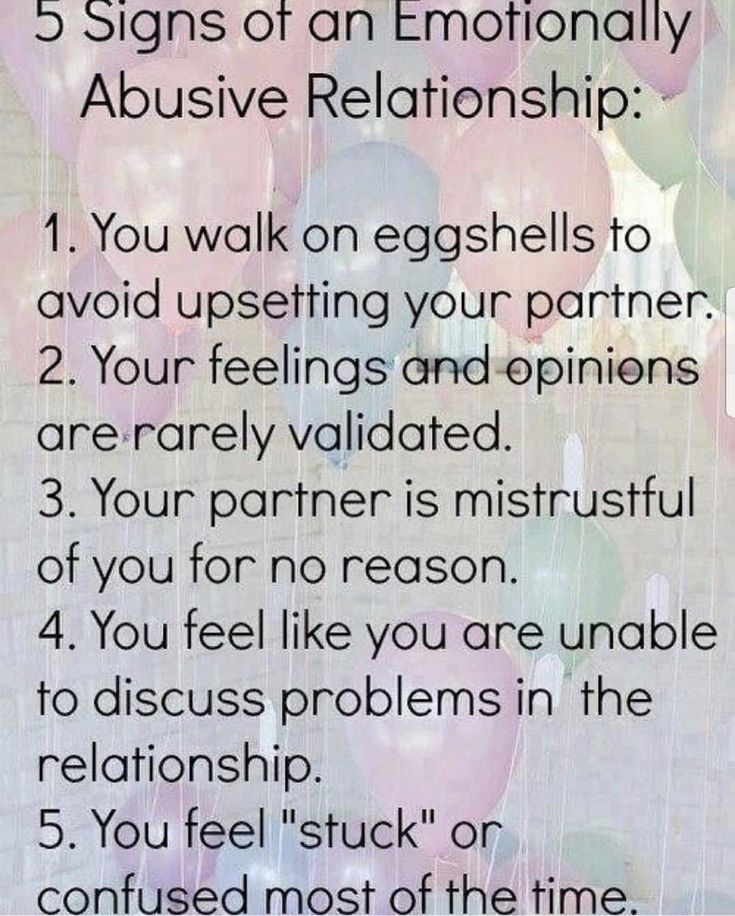
BetterHelp Therapist Reviews
"Sharon Valentino has helped me through so much! Since we started working together, just a few months ago, I already feel like I have more power and control over my life. I have let go of some very painful things, I have moved away from abusive relationships, and gained the skills and tools I need to keep myself safe and happy. She has taught me that I have the power to control my thoughts, my anxiety, and most of all my company. I like how direct she is, it helps me get grounded and connect to myself. I can't wait to see where I am after working with her for a year!!!"
"Blaire has been amazing. She's super supportive, empathetic, and kind. She has helped me gain confidence in myself and learn that it is okay to enforce healthy boundaries in my relationships."
Conclusion
If you are currently struggling with a sociopath, do not lose hope. By leaving the sociopath or learning how to safely interact with them, you can move forward. You can also talk with a trained therapist to understand how to handle a sociopath and heal any pain they may have caused. Take the first step.
You can also talk with a trained therapist to understand how to handle a sociopath and heal any pain they may have caused. Take the first step.
How to communicate with a sociopath - Lifehacker
March 21, 2020 Relations
Living and working with a person who does not consider the feelings of others is difficult, but possible.
Who is a sociopath
A sociopath is a person suffering from antisocial personality disorder. Such people lack empathy, the ability to understand the experiences of others and emotionally respond to events. Therefore, a sociopath does not perceive social norms and rules, constantly violates them and does not consider other people's feelings.
Because of their high intelligence and disregard for rules, sociopaths make the best criminals. And although most do not do anything illegal, sociopaths are potential manipulators, ready to use people for their own purposes.
Lifehacker has already told in detail how to crack a sociopath. You need to be on your guard if a person:
You need to be on your guard if a person:
- at the beginning of communication was charming, but gradually begins to dictate his will to you;
- lies a lot and often, writing stories on the go without any problems;
- lives without friends, family, does not talk about the past, but is surrounded by admirers;
- prone to sudden outbursts of anger and aggression;
- tries to isolate you from society;
- narcissistic to the point of megalomania;
- likes to manipulate other people to achieve his goals;
- knows how to keep an icy calm in stressful situations.
How to properly communicate with him
It is better, of course, not to communicate at all. If you understand that you have a sociopath in front of you who is going to achieve what you want with your help, then it is better to refuse communication in time than to suffer later.
Easy to say but hard to do, especially at work, with friends or family.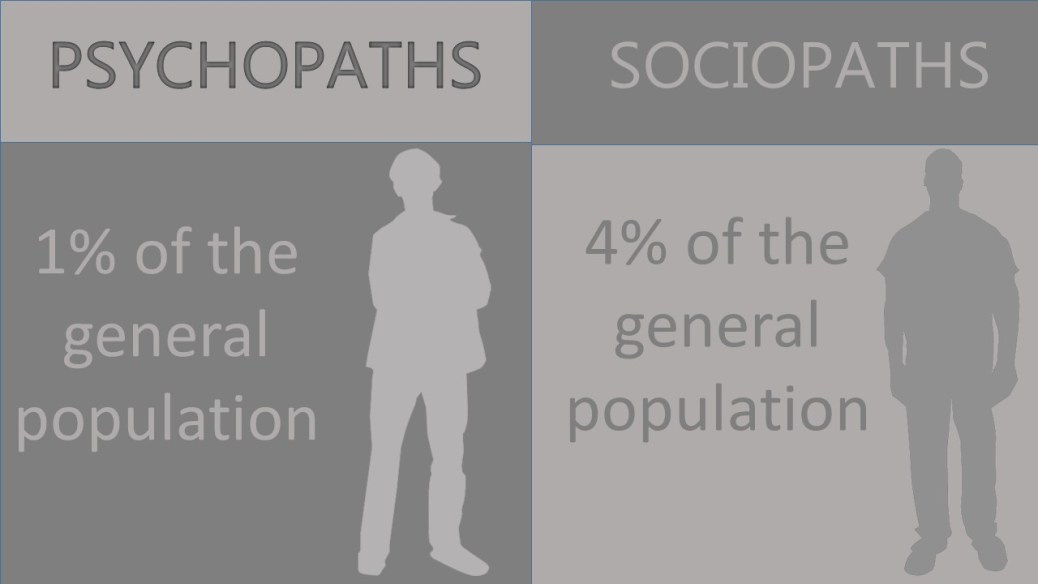
Assess the risk
If you are a suggestible person, easily influenced by others or lack confidence, try to keep communication to a minimum. The more vulnerabilities you have, the easier it is to manage you. It is these people who are the victims of manipulation.
This does not mean that the sociopath should be demonstratively avoided. Just try to do less common things.
Think of yourself
Sociopaths choose victims who are dependent on people who tend to obey instructions. The best way to protect yourself from a sociopath is confidence and independence, your own position and ability to think. The more independent a person is, the more difficult it is to control him, which is why sociopaths do not like them.
It can take years to understand who you are and what you are striving for. Learn new things, communicate with different people and listen to someone else's point of view, but do not accept it immediately. This will help develop independent thinking.
Learn self-confidence. It's difficult, but necessary.
Do not fall for provocations
That is, do not feed the troll. If you are not being manipulated, then it is not interesting to manage you - a sociopath will quickly get bored. Keep calm in communication, do not go into conflict.
Don't tell a person that he is a sociopath
This will either make him angry or irritate him. And it may well be that the sociopath is not aware of his behavior. In general, do not show that you have figured it out. Maintain polite communication.
Don't be charmed by him
A sociopath can charm and present himself favorably. But this is not a reason to forget about who is in front of you. Remember that behind the stream of compliments lies some kind of catch.
Seriously, don't give in. A sociopath knows how to poison stories in order to arouse sympathy and sympathy, knows how to prove his importance. This is normal for him, but if you believe and follow, you risk becoming a victim of manipulation in the future. Yes, this is not very good, after all, a person is not to blame for sociopathy and mental disorder. But that doesn't make it any easier for you, does it?
Yes, this is not very good, after all, a person is not to blame for sociopathy and mental disorder. But that doesn't make it any easier for you, does it?
End a difficult relationship
If you recognize a manipulator in your partner and his behavior poisons your life, try to end the relationship as soon as possible. The longer you wait, the harder it is to break free from a sociopath. While feelings can be strong, relationships with a sociopath are often life-threatening. Take a closer look: maybe this is just your case.
Don't confuse sociopathy with indifference.
Want to put a label on someone who hurt you or acted selfishly? Perhaps there are reasons for such behavior, the person made a mistake and repents. The sociopath made no mistake, does not worry and will do it again - when he needs it.
It is not easy to end a relationship with a sociopath on your own if you have already fallen under his influence. Enlist the support of friends and family.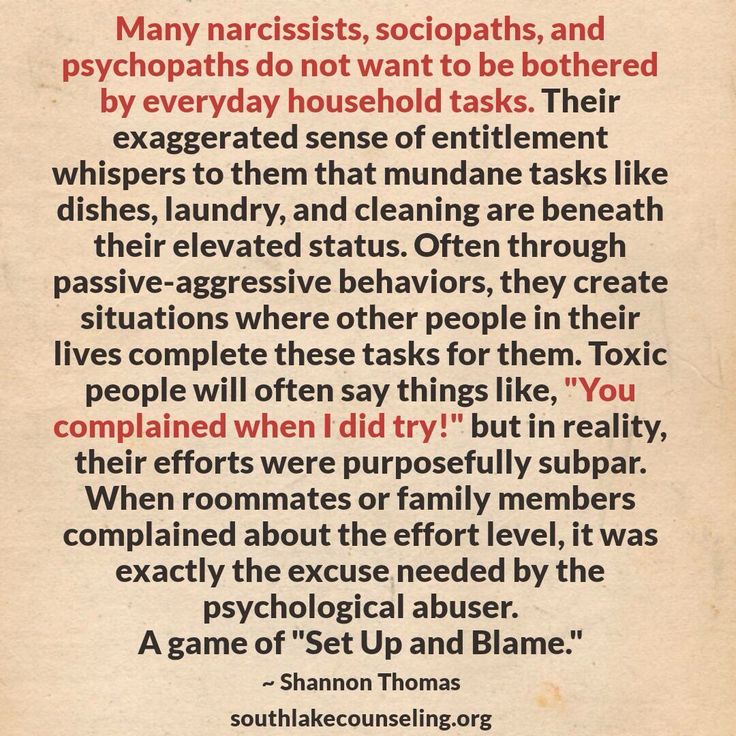 Get ready for the fact that the sociopath does not accept rejection and will be ready for reckless actions for the sake of your attention.
Get ready for the fact that the sociopath does not accept rejection and will be ready for reckless actions for the sake of your attention.
Warn Others
You don't have to yell on every corner that you've identified a sociopath, but it's sometimes worth warning shared family and friends, especially if you see that someone has fallen under the influence of a manipulator. Help the victim to understand the situation. Of course, you don’t have to fight off a sociopath with a gun, but you shouldn’t completely let the situation take its course.
Don't be afraid
After all that has been written and said about sociopaths, it's hard not to get paranoid and suspicious of everyone around you. But it is not necessary to write down people with a vile character in this category. And do not think that every sociopath will use you and destroy you.
As already mentioned, a sociopath has a high intelligence, so many people understand that their reactions and behavior are unusual.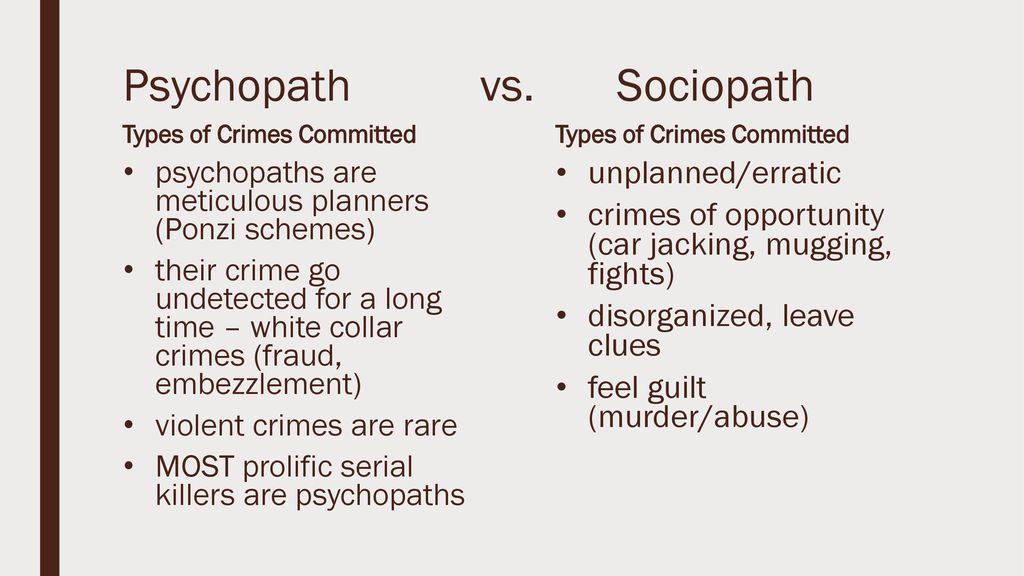 And not everyone goes over to the dark side: many even ask what to do if they find signs of a dissocial disorder in themselves.
And not everyone goes over to the dark side: many even ask what to do if they find signs of a dissocial disorder in themselves.
It is possible to communicate, work and live with a sociopath, especially if self-esteem is normal.
And don't try to change anyone. It is impossible to re-educate an adult.
Think with your head, do as you see fit, then you are unlikely to become a victim. Your confidence and knowledge will help the sociopath see you as an equal rather than a means to an end.
Read also 🧐
- How to recognize and protect yourself from an energy vampire
- 11 unexpected signs that you are a psychopath
- 10 serious psychological tests you can take on the Internet
9 signs that you are a sociopath
He has no conscience, he lies and does not blush, he does not blush at all, except from wine, but never from guilt. Do you know such a person? Congratulations. Although, however, there is nothing: most likely, you happened to meet a sociopath, and before it’s too late, run away from him.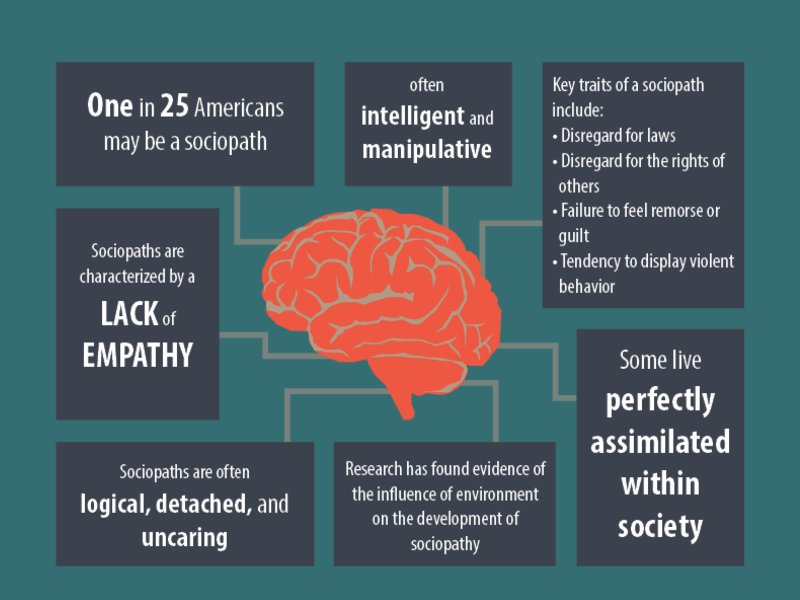 You won't like talking to him.
You won't like talking to him.
Sociopathy is a dissocial personality disorder that can affect anyone: your neighbor, boss, girlfriend, husband, child, police officer, and so on. The disorder is not congenital: if a psychopath is to be born, then sociopathy is the result of childhood trauma, perhaps even abuse, physical or emotional.
"Suffer" is not quite the right word: sociopaths don't suffer from their disorder at all. But those around you get it. Because sociopaths do not put them in a penny, they live for their own pleasure, and nothing will force them to at least look at their behavior from the outside.
Cold, sinisterly attractive, without doubts and remorse, without fear and ready to take risks, these people are dangerous to others. But it’s rather difficult to understand: sociopaths are so charming that it’s easy to fall in love with them, to see a teacher, a guru, a savior of the fatherland. And only when your life is destroyed or at least turned upside down, you will begin to look around and ask what it was.
The biggest problem with a sociopath is that they are hard to recognize.
More precisely, it is easy to misunderstand him: not knowing how to experience such feelings as love, compassion, shame, guilt, they know very well how to show them.
These are excellent actors: not every psychiatrist will be able to accurately determine the first time that he is a sociopath. What can we say about us mere mortals.
Why you need to stop tolerating resentment
When you feel that a loved one constantly raises self-esteem at your expense, do not blame yourself...
07 October 10:24
The easiest way to confuse a sociopath is with a narcissist - a charming, narcissistic idiot who endlessly flaunts in front of a mirror and posts selfies (according to a study conducted in 2015 at Ohio State University, men who often take selfies and select them for social networks are prone to narcissism) .
But wait. A sociopath is not an idiot at all. And he may have plans for you.
In 2005, American psychologist Martha Stout wrote a book that has become a classic, The Sociopath Next Door. In it, she clearly explains how high our chances are to suffer from the actions of sociopaths - because these are not movie characters.
Sociopaths often become criminals - but much more often their lack of conscience leads them to power.
And they begin to manage other people's lives in a way that suits them. To do this, you do not even need to declare yourself a guru or become the founder of a sect.
9 signs that you are at the mercy of a sociopath
1. He is charming
Sociopaths have a special attraction - and people who need to be nurtured and guided like to be around such a strong, powerful person. This calms them down, gives them confidence in the future.
In addition, sociopaths are often sexually attractive. By the way, they use it: promiscuity is one of the hallmarks of a sociopath.
2. He is unpredictable
And this distinguishes him from his psychopathic brother, with whom he is easily mistaken. Both do not experience emotions.
Both do not experience emotions.
But if a psychopath is inclined to build and implement his plans in cold blood, then a sociopath is capable of spontaneous, inexplicable, often risky actions.
He can break the rules and go beyond the accepted.
3. He does not feel shame, regret or guilt
And it is pointless to be offended by them for this: they are simply arranged in such a way that such feelings are unknown to them. Because of this, alas, they can, without a twinge of conscience, betray, lie, intrigue, threaten - in general, harm other people in every possible way.
They act solely in their own interests - and because of this they often succeed in business and politics.
4. He likes to brag
More precisely, to exaggerate the significance of one's achievements or the exclusivity of one's experience. When telling a story from his life, a sociopath dramatizes events, embellishing, exaggerating, inventing colorful details - but at the same time he sounds extremely convincing.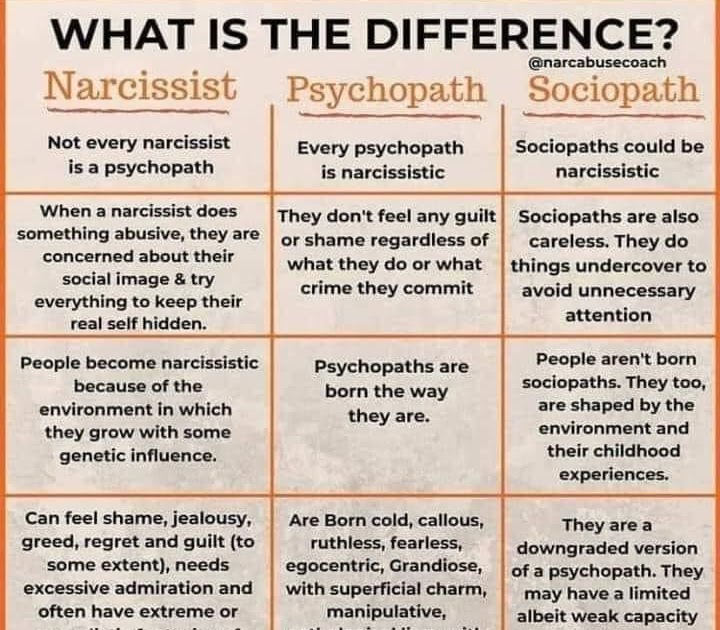
5. He must win at any cost
It is better not to compete with such a person at all: in any situation he needs to win, and he will not disdain any means. This is a desperate debater who always wins, and if he is caught in a lie, he will dodge to the end, but will never admit it.
Do you have symptoms of burnout at work. Quiz
Do you fantasize about being fired and can't see your colleagues? Gazeta.Ru dealt with the psychological...
February 16 15:01
6. He is very smart
High intelligence is rare, and it is especially offensive that sociopaths use their intellectual abilities to cheat and manipulate other people.
7. He doesn't love anyone
A sociopath is incapable of experiencing love. He can imitate it: he knows the right words and movements - so you don’t even know that, in fact, he is completely cold. But in fact, he does not know what love, empathy or sympathy is.
8.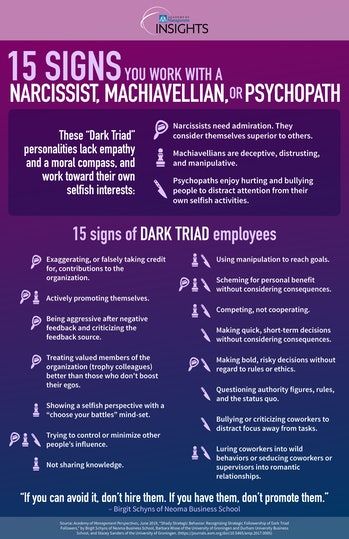 He never apologizes
He never apologizes
And no wonder, we have already understood that he does not feel guilty. So why empty words, some kind of apology? For what? Even when he is caught by the hand or pushed against the wall, he does not admit that he was wrong. On the contrary, he goes on the attack.
Try to directly and convincingly accuse him of something, giving evidence and examples. In response, he will attack you with accusations, stating that you specifically want to denigrate him and are probably already weaving a secret conspiracy.
9. He often presents himself as a knight with high moral principles
In fact, he can be a swindler, a deceiver, even a thief, but in words it always turns out that he is desperately fighting for the truth. He imagines himself almost the only person thanks to whom the world has not yet collapsed.
In work groups, sociopaths often provoke conflicts, pit people against each other, and declare themselves to be saviors, ready to keep the company from disintegration and ruin.



